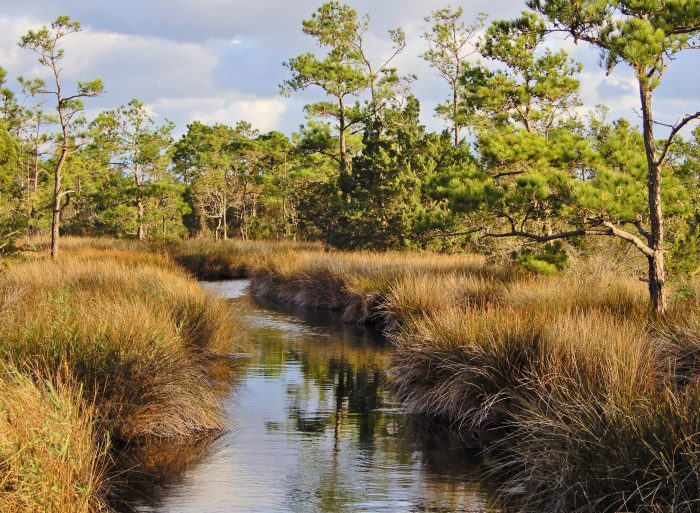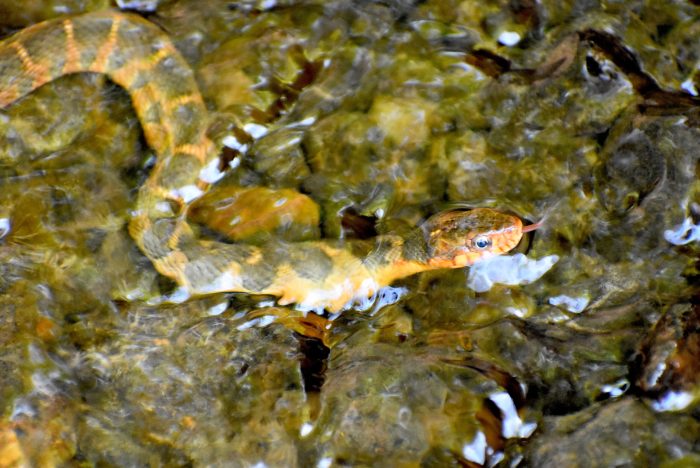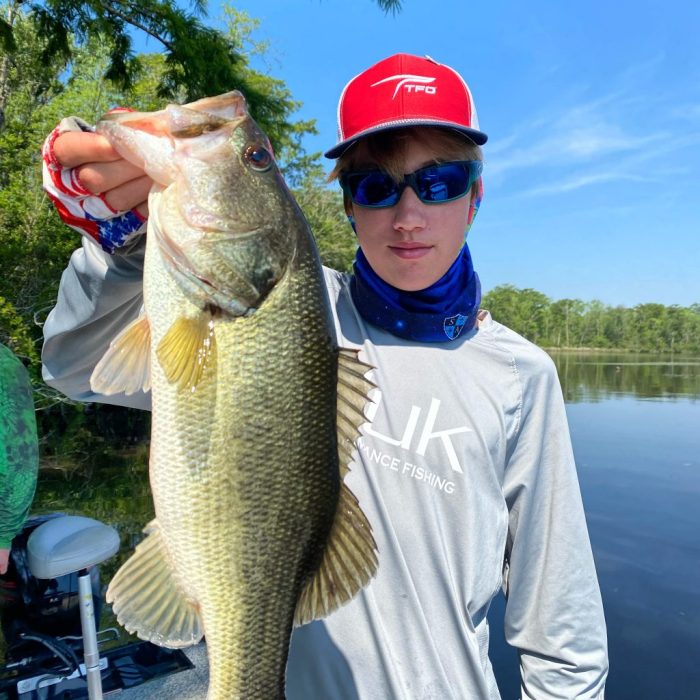Immerse yourself in the captivating world of the Lower Roanoke River Wetlands Game Land, a natural sanctuary teeming with diverse ecosystems, abundant wildlife, and endless recreational opportunities. This pristine haven invites you to explore its rich history, marvel at its ecological wonders, and engage in a myriad of outdoor adventures that will leave an enduring impression.
Nestled along the tranquil waters of the Roanoke River, this vast expanse of wetlands encompasses a breathtaking mosaic of habitats, from sprawling forests to meandering marshes. It serves as a sanctuary for an array of species, including majestic waterfowl, elusive black bears, and vibrant songbirds.
The game land’s pristine environment provides a sanctuary for wildlife to thrive, making it a paradise for nature enthusiasts.
Lower Roanoke River Wetlands Game Land Overview

The Lower Roanoke River Wetlands Game Land encompasses approximately 12,000 acres of diverse habitats along the Roanoke River in North Carolina. This natural sanctuary provides a critical haven for wildlife, including black bears, white-tailed deer, and numerous migratory bird species.
The game land is renowned for its pristine wetlands, bottomland hardwood forests, and open fields, offering a rich tapestry of ecosystems.
The Lower Roanoke River Wetlands Game Land serves as a significant ecological corridor, connecting various habitats and facilitating the movement of wildlife. Its diverse landscapes support a wide range of plant and animal species, contributing to the region’s biodiversity.
Recreational Opportunities, Lower roanoke river wetlands game land
The Lower Roanoke River Wetlands Game Land offers a plethora of recreational opportunities for outdoor enthusiasts. Visitors can engage in hunting, fishing, wildlife viewing, and hiking. Hunting is permitted during designated seasons, with regulations in place to ensure responsible and sustainable practices.
The game land is renowned for its excellent fishing opportunities. Anglers can cast their lines in the Roanoke River and its tributaries, targeting largemouth bass, catfish, and other popular species. Fishing regulations are strictly enforced to maintain the health of fish populations.
Wildlife viewing is another popular activity at the Lower Roanoke River Wetlands Game Land. Visitors can observe a variety of wildlife species in their natural habitat, including black bears, white-tailed deer, and numerous bird species. Designated wildlife viewing areas and hiking trails provide safe and accessible opportunities for observing wildlife.
Hiking trails wind through the game land, offering visitors the chance to explore its diverse ecosystems and enjoy the scenic beauty of the area. The trails are well-maintained and range in difficulty, catering to hikers of all levels.
FAQ Section
What is the significance of the Lower Roanoke River Wetlands Game Land?
The Lower Roanoke River Wetlands Game Land is a vital natural habitat for diverse wildlife, a sanctuary for outdoor recreation, and a valuable resource for education and research.
What recreational activities are available at the game land?
The game land offers a wide range of recreational opportunities, including hunting, fishing, wildlife viewing, hiking, and boating.
How is the game land managed and protected?
The game land is managed by the North Carolina Wildlife Resources Commission and the U.S. Fish and Wildlife Service. Conservation efforts focus on protecting wildlife habitats, maintaining water quality, and promoting responsible recreation.
What educational and research opportunities are available at the game land?
The game land serves as an outdoor classroom for students and researchers, offering programs on wildlife management, ecology, and conservation.
What is the economic impact of the game land?
The game land generates significant economic benefits through recreation, tourism, and conservation efforts, supporting local businesses and communities.

